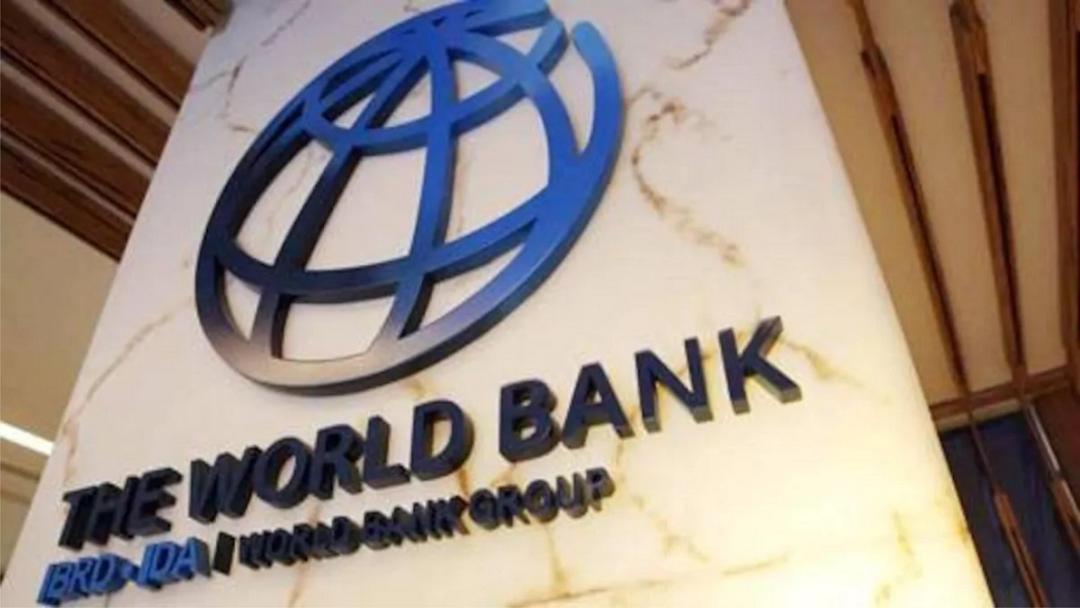
World Bank Highlights Urgent Water Sector Reforms Needed in Azerbaijan

On September 18, Smita Misra, Senior Water Supply and Sanitation Specialist at the World Bank stated that Azerbaijan's efficient use of water resources could not only boost productivity but also save the state budget 1.5 billion manats (over $882.3 million) in the next decade.
Speaking at the "Transitioning to Efficient Water Sector Institutions and Programs for Addressing Water Security Challenges" event in Baku, Misra highlighted that Azerbaijan has already invested 8 billion manats (approximately $4.706 billion) into the water sector over the past ten years. However, she emphasized that the country would need another 6 billion manats (over $3.529 billion) in investments over the next decade.
Misra explained that this investment requirement could be reduced from 6 billion to 4.6 billion manats (about $2.706 billion) by adopting strategic measures such as increasing tariffs, reducing water losses, and optimizing the workforce. She underscored the importance of tackling water scarcity in Azerbaijan, emphasizing that reducing water losses should be a top priority. "Given the adoption of a seawater desalination program in Baku, it is crucial to reduce water losses in the capital to an economically viable level (20-30%)," Misra noted. She also recommended preparing a feasibility study for Baku within a results-based public-private partnership to attract the necessary expertise, knowledge, and financial resources from the private sector.
Misra also addressed the significant challenge posed by non-revenue water in Azerbaijan, with the ratio currently standing at around 50%, largely due to aging pipelines, corrosion, and neglect. She noted that while 75% of Azerbaijan's population relies on piped water, this does not guarantee reliable or sustainable service. Moreover, 69% of the population has access to improved sanitation facilities, most concentrated in urban areas, leaving rural regions struggling with outdated infrastructure.
Additionally, Misra expressed concern about Azerbaijan's heavy reliance on transboundary waters, which account for 70% of the country's water supply. These resources are threatened by depletion, salinization, and pollution, making regulating both economic aspects and water quality essential. She also pointed out that Azerbaijan's irrigated land covers 1.02 million hectares annually, while 1.54 million hectares require irrigation, leaving 34% of cultivated areas without irrigation. The highest irrigation efficiency was observed in the Mil-Mughan, Nakhchivan, and Shirvan-Salyan regions, while fruit orchards, cotton, fodder crops, and cereals were the major consumers of irrigation water.
Stefanie Stallmeister, the newly appointed World Bank country manager for Azerbaijan, warned that the country is facing a growing water shortage exacerbated by climate change. During the same event, Stallmeister highlighted that water resources in neighboring countries such as Türkiye, Georgia, and Russia are decreasing, which will lead to a reduced water supply for Azerbaijan. She called on the Azerbaijani government to implement measures for efficient water resource management, emphasizing that improving institutional organization is one of the most critical steps in addressing the issue.
See Also


Mirzoyan Meets US Deputy Assistant Secretary Joshua Huck

Azerbaijani President Holds Talks with UAE and German Business Delegations on Economic Cooperation

Grigoryan Confirms Armenia’s Readiness to Dissolve OSCE Minsk Group Upon Peace Treaty Signing

Azerbaijani Official Warns of Ecological Risks to Caspian Sea, Similar to Lake Urmia and Aral Sea

